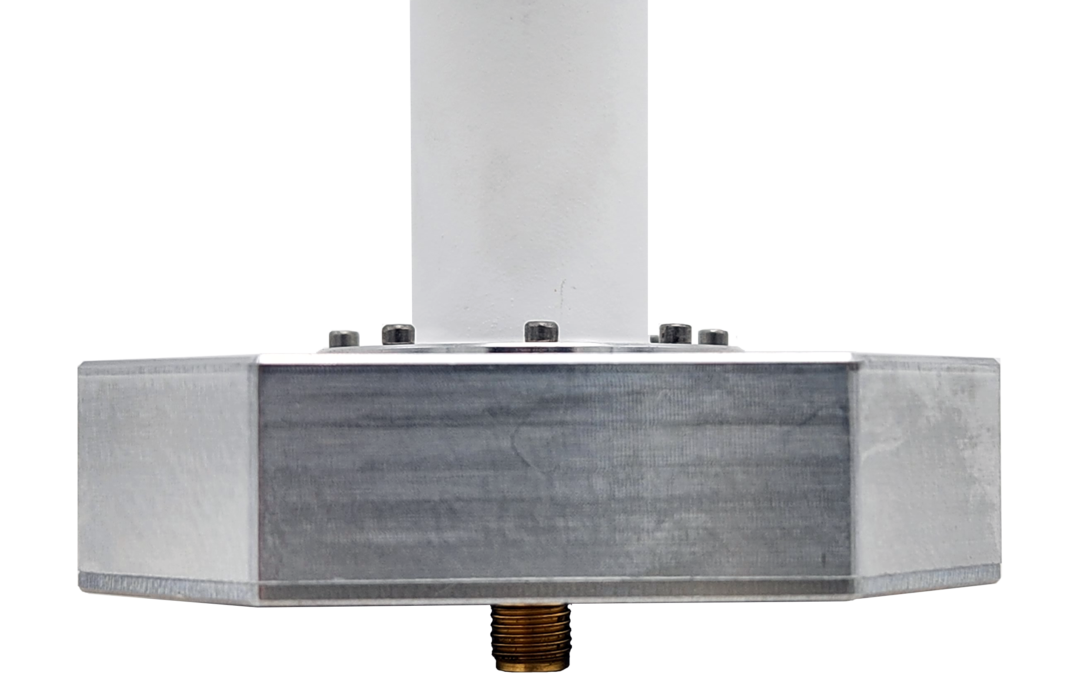Part I: Introduction to Signal Monitoring
September 2023As part of the United States Defense Industrial Base, JEM Engineering produces and tests antennas for various defense applications, including signal intelligence (SIGINT). In this issue, we will deepen our understanding of one of the fundamental components of SIGINT: signal monitoring.
Signal monitoring is a broad term.
Which refers to the process of observing, capturing, analyzing, and interpreting various types of signals, such as electronic, electromagnetic, or digital signals, to gain insights into their characteristics, behavior, and quality. A wide range of non-defense applications involve signal monitoring, including telecommunications, electronics, broadcasting, cybersecurity, as well as scientific research.
It’s used for a number of objectives.
1. Quality Assessment. In telecommunications where it’s important that voice and video signals are clear and free from distortion, signal monitoring is used for quality control.
2. Performance Optimization. In wireless communication systems where signal strength, interference, and bandwidth allocation must be actively managed, analyzing signal characteristics allows for better performance and efficiency.
3. Troubleshooting and Diagnosis. Constantly monitoring a signal makes it easier to identify and diagnose problems or anomalies in signal transmission or reception, thus allowing for speedy repairs and efficient maintenance.

4. Security and Compliance. In cybersecurity and network management, monitoring techniques are used to detect unauthorized or malicious activities, ensuring compliance with security policies and regulations.
5. Environmental Monitoring. Monitoring methods can be used to observe and study natural phenomena such as earthquakes, weather patterns, and environmental changes.
6. Data Collection and Analysis. In addition to gathering data about various phenomena, scientists and researchers use techniques to analyze and understand complex processes.
While signal monitoring is valuable for various purposes, it must always be conducted responsibly and ethically, especially when dealing with sensitive or private information.
In the next issue, we will be discussing various signal monitoring techniques, which vary depending on the type of signal being monitored and the intended objectives.
Latest Posts

An Abundance of Aircraft Antennas
Home » Media Center » Blog » An Abundance of Aircraft AntennasWhen you look at an aircraft, you...

Which Antennas are Suitable for Sensor Systems?
Sensor antennas play a crucial role in various applications, including environmental monitoring, wireless sensor networks (WSNs), IoT devices, and industrial automation, medical devices, radar and navigation. These antennas come in different types, each designed for specific sensor systems and frequency ranges.
